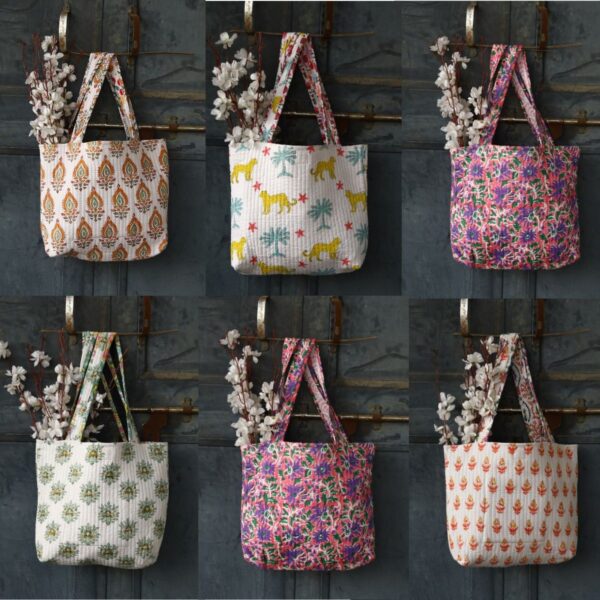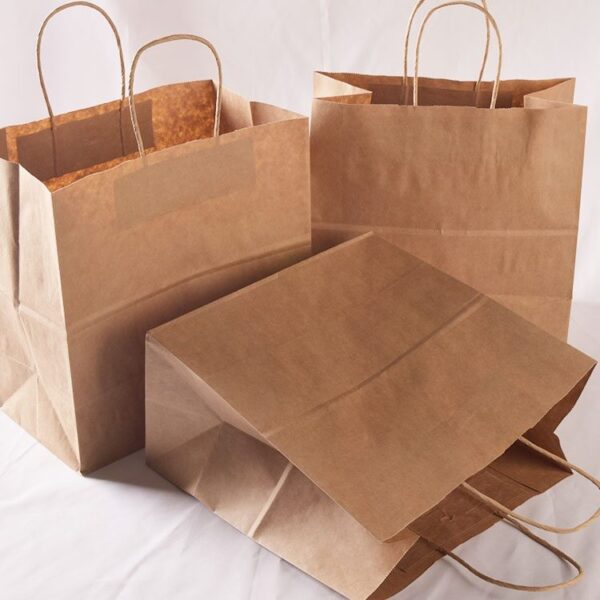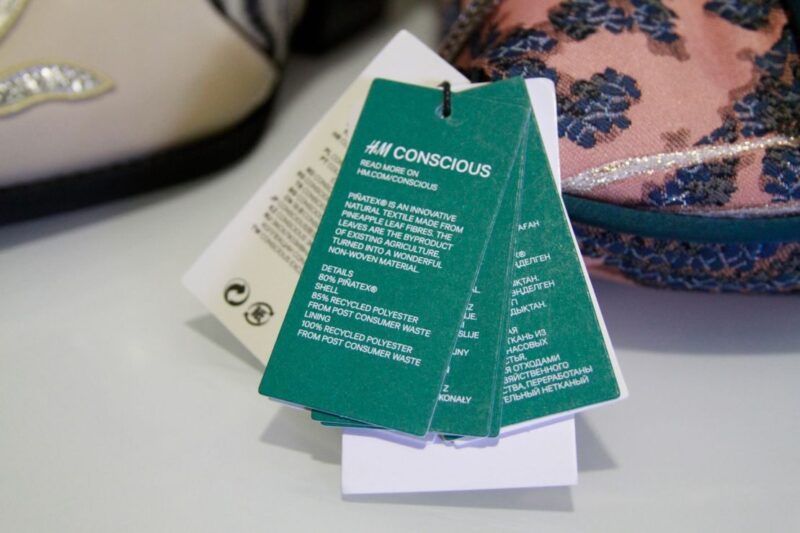Introduction: Ditching Plastic for Sustainability
Plastic bags clog landfills and harm oceans. Pakistan uses millions daily for shopping. Eco-friendly alternatives reduce this impact. Local markets offer affordable options. This list compares top choices available now. Transition to greener habits starts here.
1. Reusable Cloth Bags
Cloth bags shine as eco-friendly alternatives. Made from cotton or jute, they last years. Local markets in Lahore sell them for PKR 50-200. They hold 10-15 kg easily. Plastic bags degrade in months. Cloth bags save money long-term.

A sturdy cotton cloth bag from a Lahore market, perfect for daily shopping.
2. Jute Bags
Jute bags offer durability and style. Farmers in Punjab craft them from natural fibers. Prices range from PKR 100-300 in markets. They carry 20 kg without tearing. Plastic bags pollute rivers. Jute bags biodegrade fully.
3. Paper Bags
Paper bags serve as lightweight alternatives. Local vendors in Karachi produce them cheaply. Costs start at PKR 10-50 each. They handle 5-10 kg well. Plastic bags choke wildlife. Paper bags compost in weeks.

Eco-friendly paper bags available at Karachi’s local markets for daily use.
4. Bamboo Baskets
Bamboo baskets blend tradition with sustainability. Artisans in rural Sindh weave them. Prices range from PKR 200-500. They hold 15-25 kg securely. Plastic bags release toxins. Bamboo baskets last decades.
5. Recycled Fabric Totes
Totes from recycled fabric gain popularity. Local NGOs in Islamabad sell them for PKR 150-400. They support 10-20 kg loads. Plastic bags harm soil. These totes reduce waste effectively.

A recycled fabric tote from Islamabad, supporting eco-friendly shopping.
Comparison Table: Which Option Wins?
- Cloth Bags: PKR 50-200, 10-15 kg, reusable over 100 times.
- Jute Bags: PKR 100-300, 20 kg, biodegradable, stylish.
- Paper Bags: PKR 10-50, 5-10 kg, compostable, inexpensive.
- Bamboo Baskets: PKR 200-500, 15-25 kg, durable.
- Recycled Totes: PKR 150-400, 10-20 kg, helps reduce waste. Cloth and jute bags are b
- est for durability. Paper is good for small purchases. Bamboo performs well under heavy loads.
Tips for Choosing Eco-Friendly Alternatives
Buy from local markets to support artisans. Check durability before buying. Wash reusable bags weekly. Avoid overpacking to prolong their lifespan. Transition gradually for the best results.
Conclusion: Shop Green, Save the Planet
Eco-friendly alternatives to plastic bags are thriving in Pakistan. Choose cloth, jute, or bamboo today. Local markets offer affordable options. Act now to protect nature.
rkets offer affordable options. Act now to protect nature.
Frequently Asked Questions (FAQs)
1. What is the most eco-friendly bag?
The most eco-friendly bag is a reusable cloth or jute bag. When used consistently, they reduce plastic waste and lower your overall carbon footprint.
2. Are biodegradable bags really sustainable?
Biodegradable bags are better than plastic, but they aren’t a perfect solution. Many need industrial composting to decompose, and in landfills, they may not break down fully.
3. Which is better: paper bags or cloth bags?
Paper bags are recyclable but have high production impacts and limited durability. Cloth bags (cotton, jute, or hemp) are more sustainable if reused at least 50–100 times.
4. How many times should I reuse a cloth bag?
A cotton bag should be reused 50+ times to offset production impacts. Jute and hemp bags are even more eco-friendly, needing fewer reuses for sustainability.



